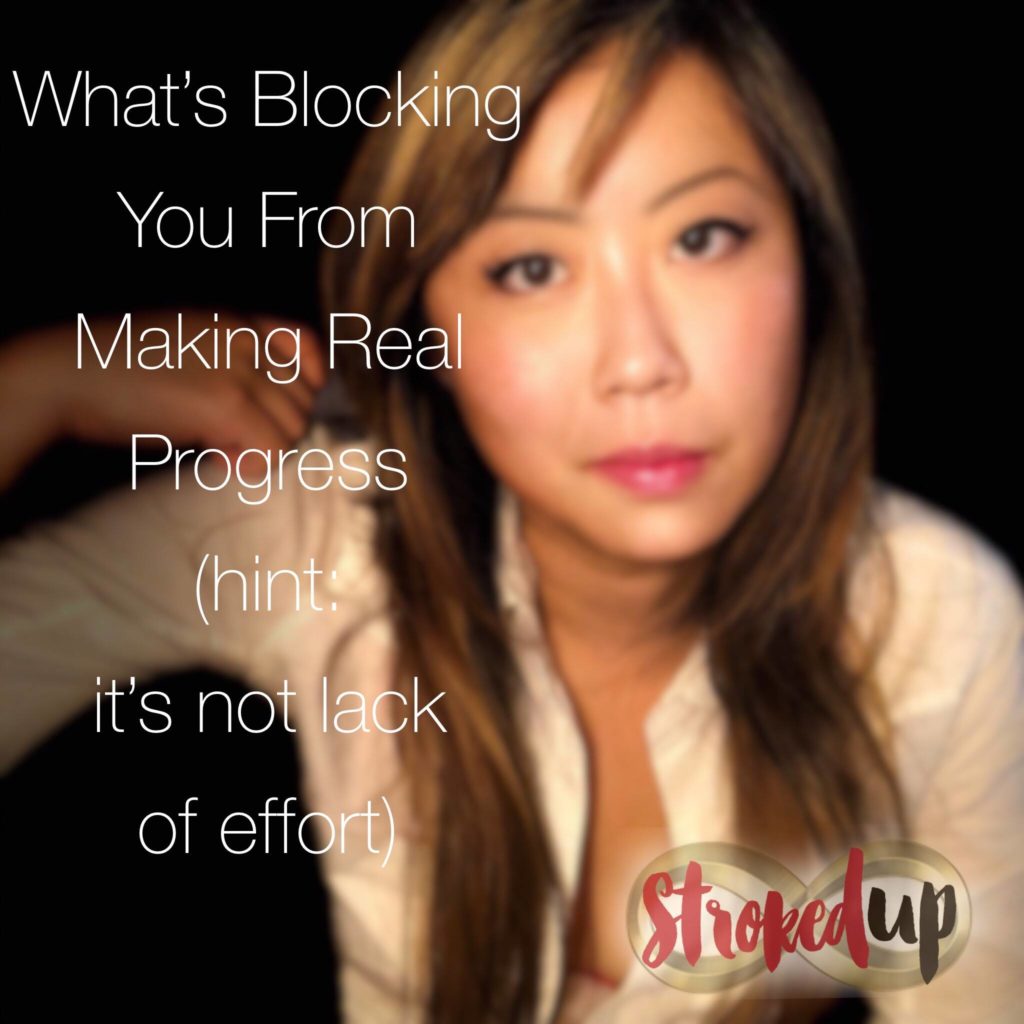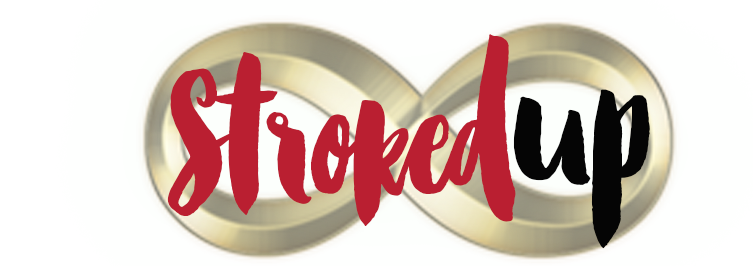[forgiveness friday] body forgiveness, part 8

The very topic of “body forgiveness” in this series has been rather confronting for me of late — because it is with utter humility that I am noticing my own blind spots around this very thing, and if I’m honest I’m experiencing a bit of horror and shame at the existence of these blind spots.
And isn’t that the real struggle for anyone who’s had to deal with tremendous loss? That instead of facing the real heart of the matter underneath it all, we get distracted by that top layer of “unacceptable emotions” and either try to ignore or dismiss them or cover them up with coping mechanisms, like addictions?
(And don’t fool yourself into believing that just because you’re not in a 12-step program, you don’t have any addictions.)
Earlier this year, I got back in touch with my grief. I’d disowned this emotion early on in my life as a way to protect myself from feeling the depths of my emotional pain and as a way to not appear “weak.” Literally, by the age of eight, I’d understood that it was not welcome for me to ever cry, so I didn’t. Like, ever.
So back in May, my darling furbaby Ernie passed away, two months before he would have been seven. It was all very fast and inexplicable and I really couldn’t let go. For days, I cried uncontrollably at the sudden loss. I honestly thought the tears would never stop.
Yet, shockingly to me, as a result of letting my grief run its course without judgment or restraint and by letting the people closest to me know what was going on, VERY shortly thereafter I was able to go to my best friend’s wedding and genuinely enjoy myself, whereas the old me?
Old me would have sulked for months, unable to move forward very effectively. Trust me, my journey with grief in response to loss is a familiar, intimate one. It took me, no exaggeration, a full decade to energetically complete the course of grief in the aftermath of my last breakup.
So you’ll hear me often say, “Take as long as you need” in response to the way people mourn — whether they’re mourning the loss of people, pets, a relationship, a job, an old identity — because when it comes to that 10 full years I took to truly move forward, in retrospect I don’t regret a thing.
Does grief always have to take 10 years though? I’m no expert at this (and no one really is), but my answer is no. Grief is like this wild animal that must have its way, and the only wrong way to “do” grief is to not allow it to be what it needs to be. It will have its way with you, and you will need support from a community (read: not just one other person and NOT no one!). Honestly, I didn’t have the tools at the time to deal with it healthily. I did experience lot of unnecessary suffering. The most efficient way is through — to surrender to it and let it take whatever form it wants — and in a safe container. Grief will change you. It will harden you or it will soften you. I personally chose to be softened by it, because that old attitude I used to have around not crying? It was all bull shit.
If you do a little research, you’ll find plenty of evidence that crying is actually a necessary way of releasing toxins and stress. If your conditioning is anything like mine, though, you could attend an entire week’s worth of lectures on those health benefits and still be no closer to accessing your grief.
After so many years of stuffing down those tears and wearing a mask of invulnerability, it is still easiest for me to pretend like nothing can touch me. Which is actually the biggest lie of them all because underneath that veneer, I am actually quite soft and tender.
I bring this up because I’ve noticed that an area where I tend to just push through and act invulnerable is with my body, in general. What this looks like is showing up in the world as though I’m the same as anyone else, and this is not only a bit dishonest, but also sets me up for a lot of conflict when other people expect me to be just like them when I’m just not.
And then there is the voice of shame that says, “How dare you publicly write so often about body forgiveness when clearly you aren’t through to the other side?”
Well — if I know anything, it’s that if you’re drawn to my words, it’s because we’re on a similar path. The details of your story will be different from mine, but the patterns and tendencies underneath are the same.
And for me, what has always helped me access the depths of my emotional experience is hearing voices of others who have been brave enough to put words to what they’re going through. Their words are like a salve to the soul; they allow me to know I’m not alone in my struggle even if it feels like I am.
I hope to be a voice like that for you, and I also know that if I preached at you as though I’ve got it all figured out, that would be a lie. It’d be a real disservice to you and to me, because it’s our humanity and not our pseudo-perfection that unites us.
So I promise to you that I will show up, in my chaos and confusion, as well as in my mastery and leadership.

Here’s my chaos: I feel like I live in a perpetual state of transition, of stuckness between two worlds (between “victim” and “victor”), and I waste a lot of energy bouncing between pushing through, invulnerably, and feeling or acting helpless and incapable. And my experience suffers as a result.
Here’s the area of leadership and mastery I fully intend to create for myself: a sweet spot, where I am able to show up with grace and ease and unapologetically be able to give and receive my own areas of tenderness.
Because . . . when we block out what feels bad, we also block out what feels soooo good.
That’s where the next installments of this body forgiveness series will take us. I will invite you to get in touch with what you need, and to relentlessly provide that for yourself.
Please let me know in the comments if this resonates for you. And share this with someone you know who could use it.
All love,
Pamela
